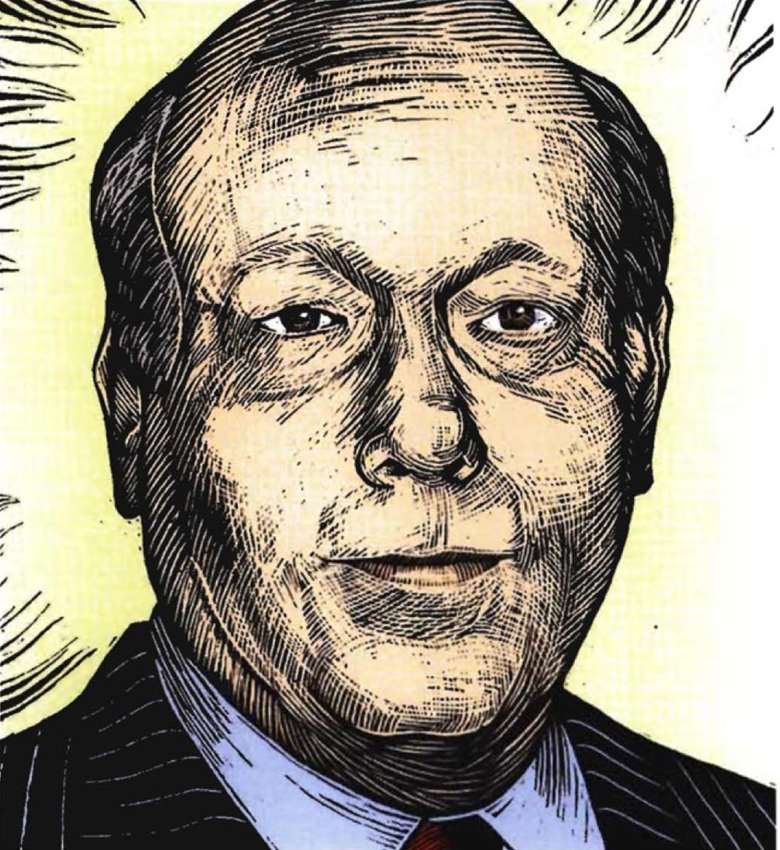Julian Fellowes | My Music: ‘It's no accident that 19th-century operas get quoted in modern musicals’
Monday, April 8, 2013
The British author of Downton Abbey is fascinated by the interweaving of stories and music

Register now to continue reading
Thanks for exploring the Gramophone website. Sign up for a free account today to enjoy the following benefits:
- Free access to 3 subscriber-only articles per month
- Unlimited access to our news, podcasts and awards pages
- Free weekly email newsletter











